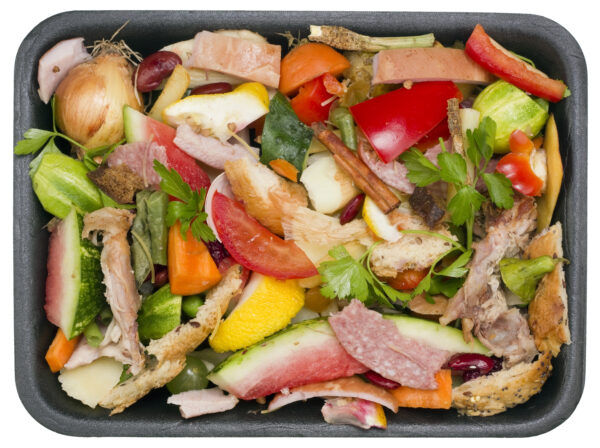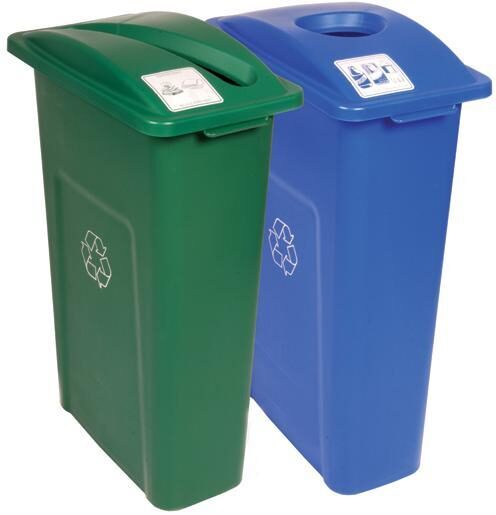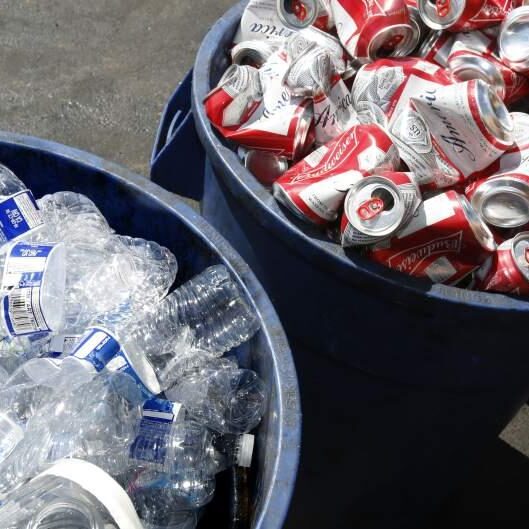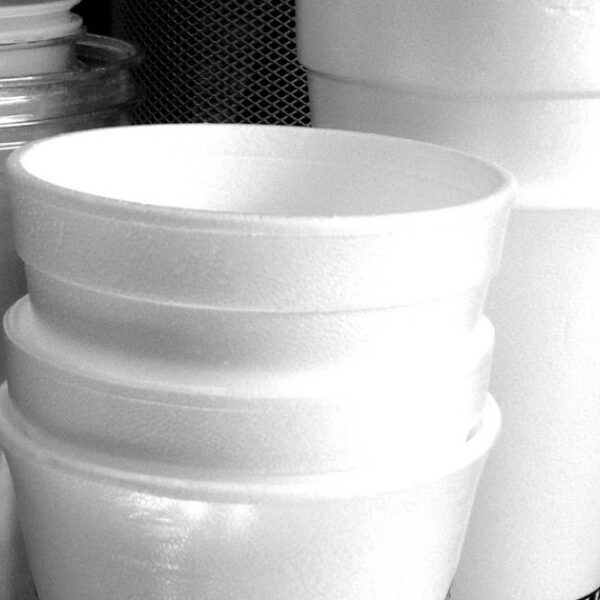A 2014 state-wide waste characterization report found that organic materials such as food scraps, leaves, grass, and branch trimmings made up 37.4% of the waste stream. Food was the single most prevalent material disposed, making up 18.1% of the entire waste stream by itself -- that's 5.6 million tons collected from one study. When these materials are disposed of in a landfill, they produce methane, which is a greenhouse gas 25 times more potent than CO2 and a major contributor to climate change. To address this issue, Governor Brown signed AB 1826 into state law in October 2014, mandating that commercial entities subscribe to an organic material hauling service or divert organic materials from the landfill through some other means.





